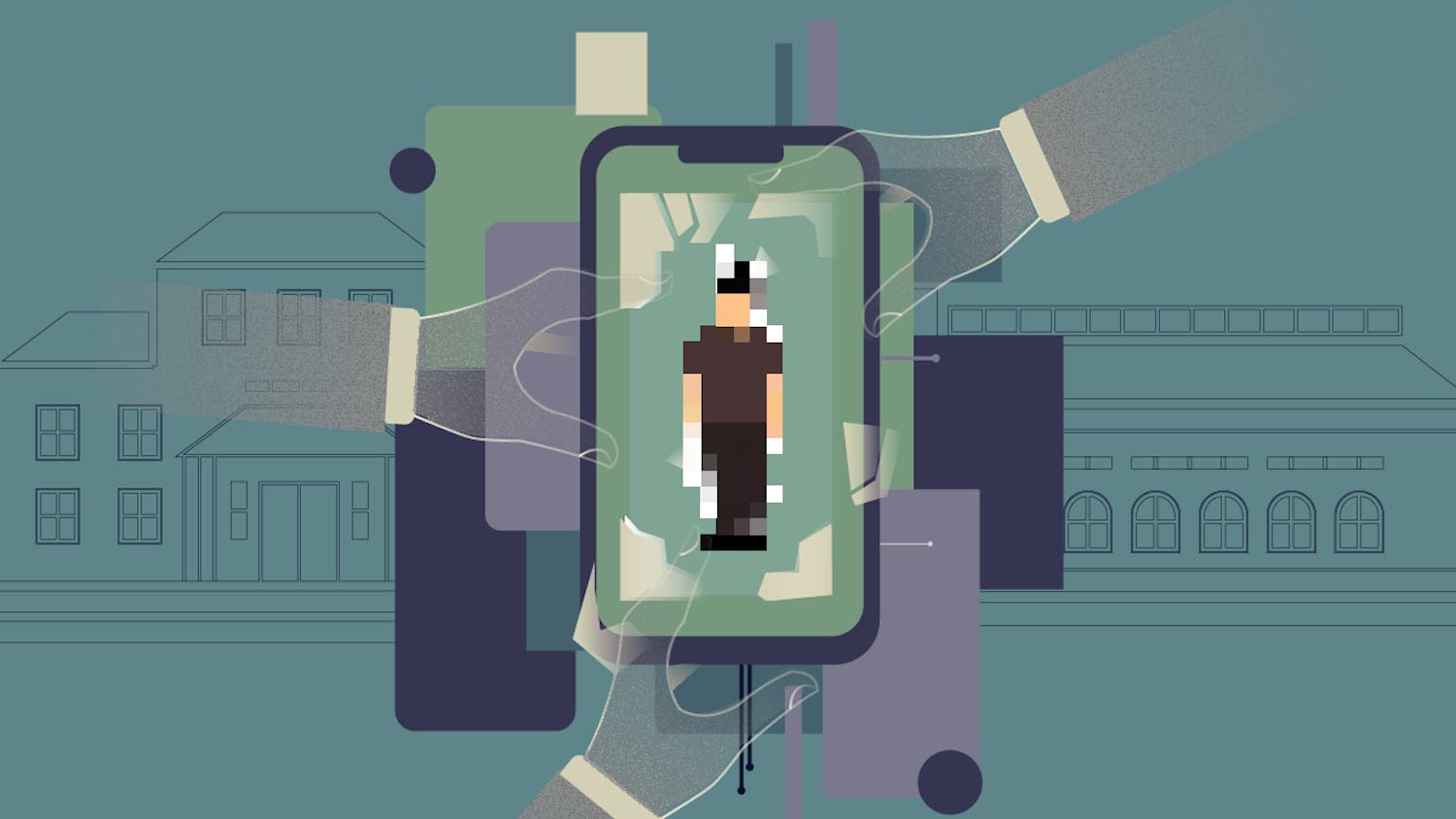Some members of UF's Student Senate think the Florida Bright Futures Medallion Award should not exist.
Sen. Carly Wilson introduced a hotly debated bipartisan resolution before the Senate on Tuesday night supporting the Florida Legislature removing the Medallion scholarship in order to protect funding for the other tiers of the program.
Had the resolution passed, it would have been sent to the Florida Legislature and Gov. Rick Scott. However, it was struck down on the Senate floor with a 42-26 vote.
Florida Academic Scholars, the program's highest tier, receive $101 per credit hour at an in-state, four-year university. Students with Medallion receive $76 per credit hour and Gold Seal Vocational Scholars receive $76 per credit hour as well.
Wilson believes the Medallion standards are too low. The minimum SAT score to earn it is 980, which falls below the 2010 state average of 994.
When the bill came in front of the Senate, the clause supporting Medallion's removal was quickly challenged. Led by Allocations Chairman Joe Pardo, a large group of senators stood around the chamber's lectern to support an amendment striking the clause.
The amendment was modified to say the Senate supported raising the minimum academic requirements to earn the scholarship.
However, once the resolution's amendments were ironed out, Wilson withdrew her support from the bill she authored, saying the bill was essentially congratulating and supporting actions the legislature had already taken months prior.
Sen. Kevin Kleponis also condemned the bill following the amendments.
"It's not even worth the postage to send to Tallahassee," he said.
Student Body President Ben Meyers said the vote was a disappointment because he wanted some kind of consensus.
"When the Student Senate cannot pass a resolution on Bright Futures, that's very alarming," Meyers said.
The debates didn't die with the Bright Futures bill. Another bill would have forced chairpersons of SG Executive Agencies to report to the Senate at least once a semester as well as placing application notices for such positions to the public. The measure was opposed because many senators viewed the bill as writing already-common practices into SG law.
Kleponis fought for the bill, saying it was hypocritical of the Senate to strike it down.
"Not everyone is on the Florida Blue Key track to success," he said, before throwing down his Senate docket in frustration.
Another bill that failed would have put Florida's Sunshine Laws into the SG codes.
Sunshine Laws are the State of Florida's laws which dictate governmental transparency and what is public record.
The Unite Party has had transparency as one of its top platform points, and supporters of the bill argued putting the Sunshine Laws into the codes would help familiarize future senators with what needed to be done.
Judiciary Chairman Jason Tiemeier, a member of the Unite Party, railed hard against the bill, feeling it was codifying something already in practice. His committee gave it an unfavorable rating. Because of this, it needed a two-thirds vote to pass.
Although it got a majority vote, it did not meet the two-thirds requirement and did not pass.
Meyers said he didn't understand the bill's failure and said if he was still in the Senate, he would have voted for it.
"I didn't have an issue with that bill," he said.





